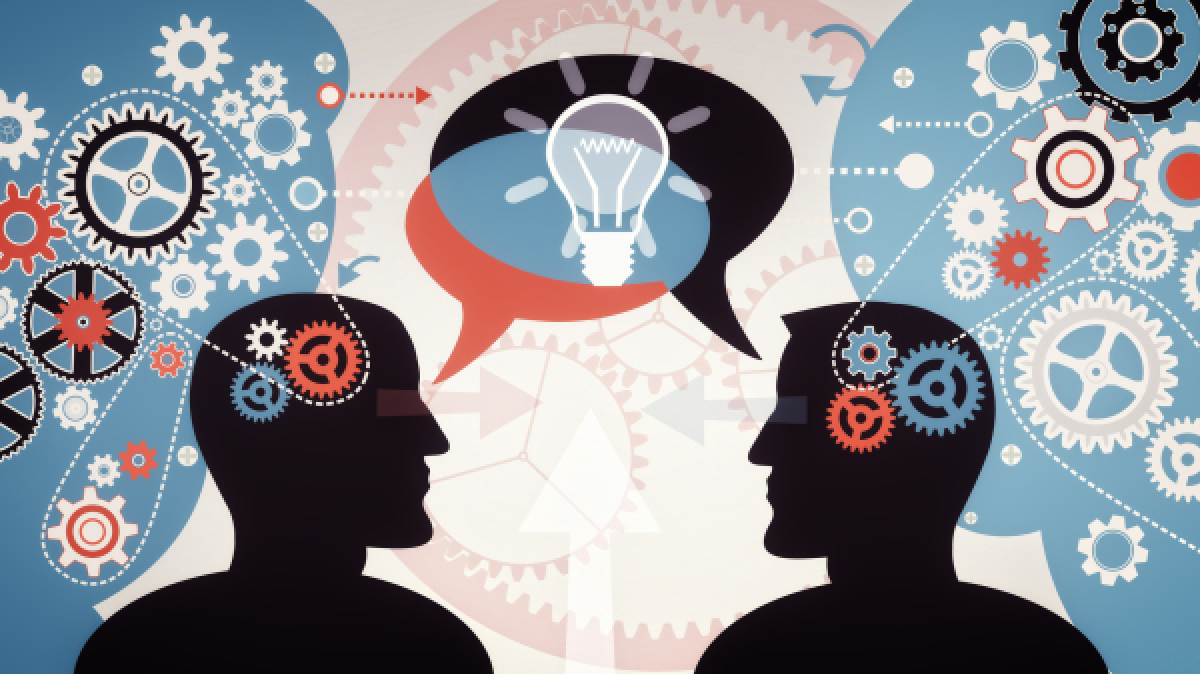iRTG Programme
General Training

Scientific Research-related Training
The scientific research-related training will not only increase the doctoral researcher’s repertoire of practical skills, but also guide and support the participants to become excellent scientists.
Additionally, the doctoral researchers can build networks at this early state of their career to increase their chances on the international job market.
CRC/iRTG seminars
- bi-weekly internal CRC status seminar including monthly guest lectures
- bi-weekly teaching lectures (in first year)
- iRTG journal club (in second and third year)
Practical training course and lab exchange programme
- Short practical training courses with a duration of 2 to 3 days to learn new methods and to broaden the horizon.
- long-term lab exchange with renowned laboratories worldwide to work with highly qualified scientists in an international environment .
Research Data Management
Directly at the start of the iRTG we will provide our doctoral researchers with in depth training on Research Data Management issues in cooperation with project INF.
Good scientific practice
In cooperation with GC plus a course on good scientific practice is offered directly at the start of the iRTG since awareness of and adherence to good scientific conduct is a pivotal element of scientific integrity.
Annual CRC Retreats
Our annual CRC Retreats will inform all members about the progression of the different sub-projects and strengthen the cooperation and connections within the CRC,
Click here to find the Report of the latest Retreat.
International CRC Symposium
The International CRC Symposium took place in October 2023. Our doctoral researchers and postdoc’s presented posters.The awarded prizes were meant to motivate our scientists and to pay tribute to their work.
Graduate Symposia
The first Graduate Symposium took place in 2022, the next one will come about in 2024. The organisation of the event is the responsibility of our doctoral researchers themselves.
The doctoral researchers will present the progress of their thesis to the other doctoral researchers, their supervisors and invited international experts.
Attendance of (inter-)national conferences
All of the doctoral researches should attend national or international conferences and present a poster or oral presentation. Thus, they will gain insight in new research in their scientific field and expand their scientific network.

Generic Skills-related Training
The Generic Skills-related Training will help our doctoral researchers to improve their soft skills. Most of the modules are facultative. Thus, they can be tailored to the individual needs of our PhD's.
The training is build on intramural programmes, like BIOME, RAR or GC plus and complemented by iRTG specific courses.
A list of previous workshops can be found here.
When appropriate, courses are organized in cooperation with other iRTGs. If there are any topics that are not yet covered by the iRTG or cooperation, our doctoral researchers are highly recommended to attend those courses externally.
Soft Skill Workshops
Soft Skill workshops may include, among others:
- preparation and presentation of lectures and posters
- writing a scientific manuscript or a grant application or
- organisation of their own research
- setting up of conferences and seminars
Career and Leadership Workshops
The offered Career and Leadership Workshops promote the abilities of the doctoral researchers to assert themselves at the international job market. Moreover the workshops educate them to communicate and collaborate with international researchers from other scientific areas.
Equity and Diversity Workshops
The doctoral researchers will be supported via equity and diversity measures to keep up their scientific careers.
Supervision of Undergraduates
Our doctoral researchers are regularly involved in the supervision of undergraduates. Hereby they improve their leadership and teamwork skills.

Supervision and Mentoring
The supervision and mentoring programme offers permanent support for our doctoral researchers. Thereby, the PhDs have an intense interaction with their supervisors, while being able to work independently on their project.
Each doctoral researcher has one primary supervisor and one associated mentor. Those two support and supervise the thesis of the doctoral researcher. They also review presentations, manuscripts or experiments of the respective PhD.
Additionally to the informal feedback on a daily basis in the laboratory, there are three key elements such as a Supervision Agreement, a Personal development plan and TAC meetings as part of the IRTGs supervision and mentoring strategy.


